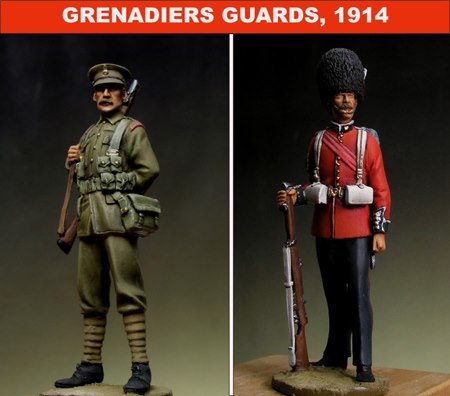 WHEN Claude Choules released his autobiography, The Last of the Last, in 2009, he was jumping the gun on the world stage, although technically correct in terms of Australia. But his death yesterday at a nursing home in Perth, aged 110, closed a remarkable chapter in history.
WHEN Claude Choules released his autobiography, The Last of the Last, in 2009, he was jumping the gun on the world stage, although technically correct in terms of Australia. But his death yesterday at a nursing home in Perth, aged 110, closed a remarkable chapter in history.
Choules was not only the last known serviceman to have been involved in combat duties - on the high seas - during World War I, but the last surviving Anglo-Australian to have served in both world wars .
.
 .
.
An American, Frank Buckles, who had driven an ambulance on the Western Front, had been the oldest survivor until he died, also aged 110, in February.Lk-wBrQ~~60_12.JPG)
Lk-wBrQ~~60_12.JPG)
The oldest living non-combatant in the Great War is believed to be Britain's Florence Green, who worked as a waitress with the RAF. She, too, is 110.
A self-effacing man who was deeply affected by war, Choules never marched in an Anzac Day march unless ordered to. He eschewed celebrity in his last decade, saying people were only interested in him ''because everyone else has died''.
Choules's list of ''achievements'' included being the last surviving sailor from World War I: he served in both the Royal Navy and the Royal Australian Navy and was, in fact, only two days younger than the RAN, which was established on March 1, 1901.
Early in his career, he witnessed two historic events at the end of World War I. The first was the surrender of the Imperial German Navy off Scotland's east coast on November 21, 1918, 10 days after the armistice; and he was present at Scarpa Flow in the Orkney Islands on June 21, 1919, when German admiral Ludwig von Reuter ordered his interned fleet to be scuttled.
Choules, who was born at Wyre Piddle, Pershore, in Worcestershire, held dual British and Australian nationality.
He dropped out of school at 14, joined the RN in 1915, and served in the North Sea and Mediterranean Sea before being sent on loan to the RAN as an instructor at Flinders Naval Depot on the Mornington Peninsula in 1926.
His two brothers had already relocated to Australia, so he asked for and was granted a permanent transfer to the RAN.
During World War II, he was the RAN's senior demolition expert in Western Australia. He disposed of the first German mine to wash up on Australia's shores, near Esperance, and in 1942 began setting explosive charges to blow up oil tanks as the threat of a Japanese invasion loomed.
He placed depth charges in ships unable to leave Fremantle harbour, and would have had to ride a bicycle about 500 kilometres south to Albany to blow up harbour facilities there if the Japanese forces had arrived.




yTU2pBRDP1YK2g!~~60_12.JPG)


2UyBRDQgYGl9Q~~60_12.JPG)
!~~60_12.JPG)


No comments:
Post a Comment